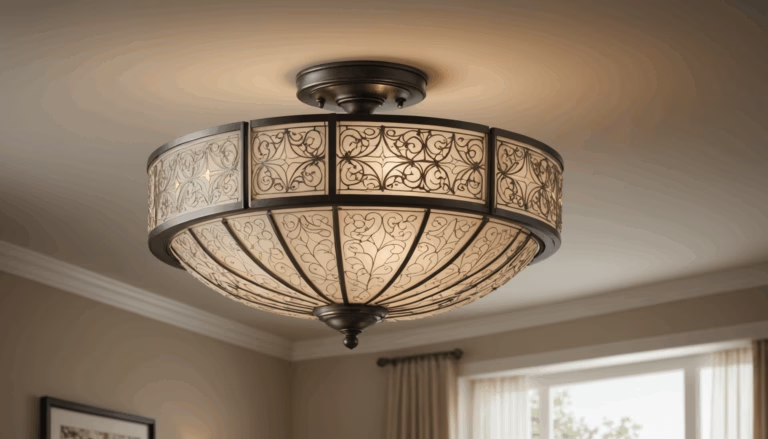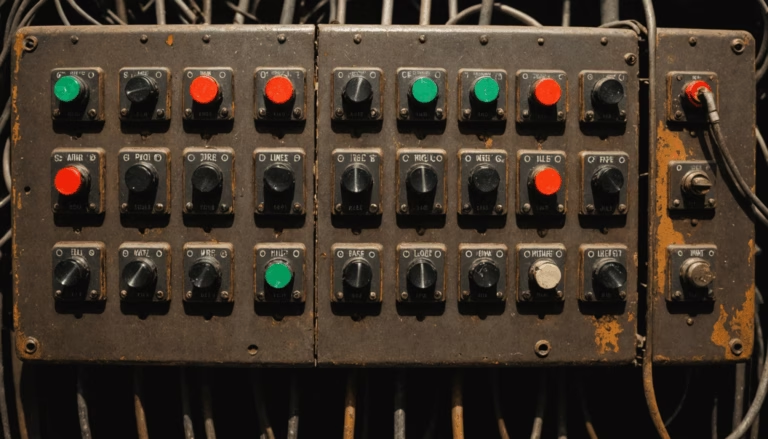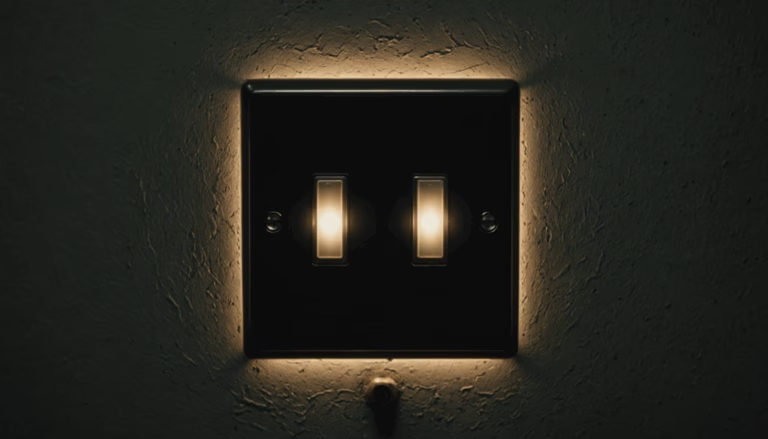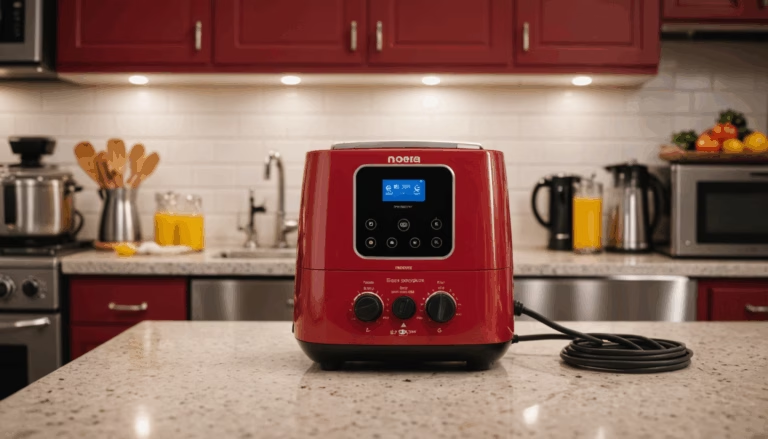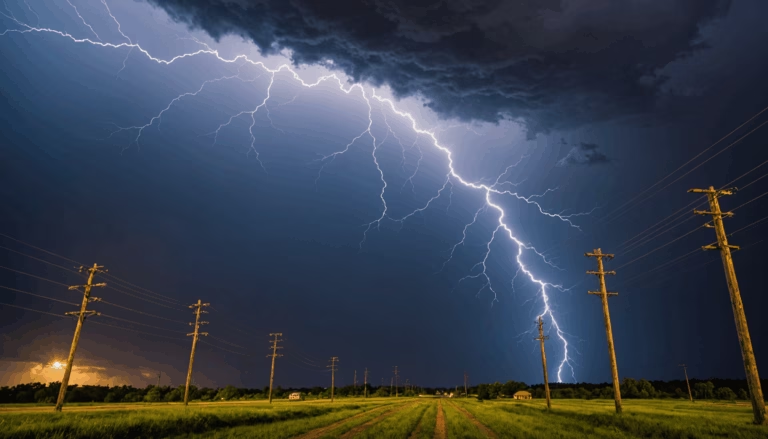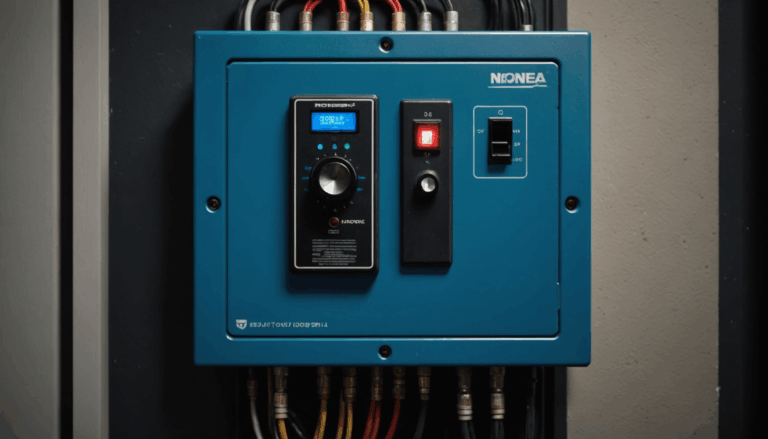Warning Signs of Faulty Home Wiring Every Homeowner Should Know
Flickering lights and frequent bulb burnouts are more than just minor annoyances—they're potential signs of serious electrical issues that could compromise home safety. Faulty wiring, loose connections, and failing hardware can lead to overheating and may even pose fire hazards. Unusual smells, sizzling sounds from outlets, and discoloration around switches are subtle warning indicators that homeowners should never ignore. Regular maintenance and prompt professional inspections are essential to safeguard against the dangers lurking within your electrical system, ensuring a secure and comfortable living environment for your family.
Written by: Ryan G
Published on: August 15, 2025

